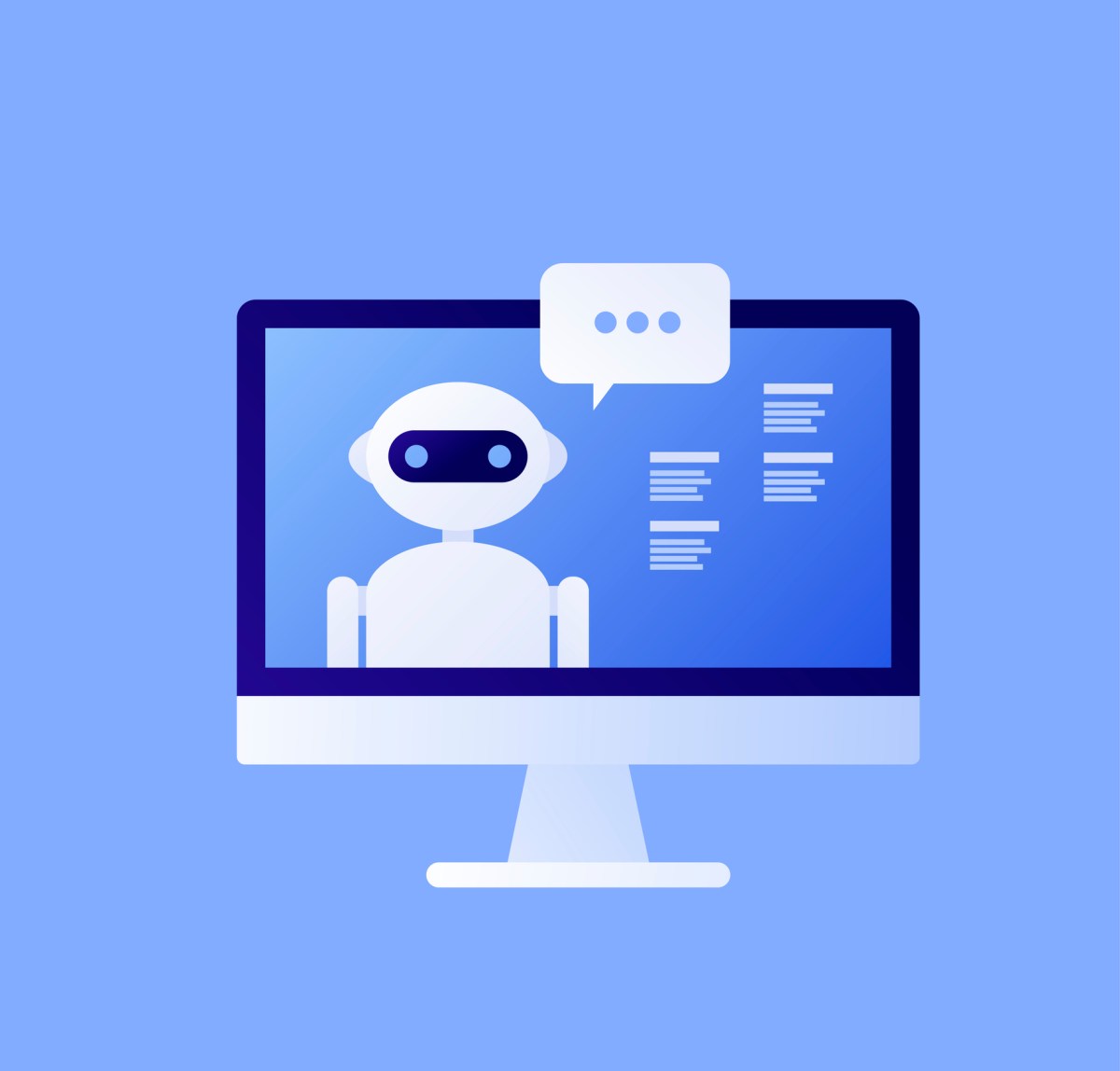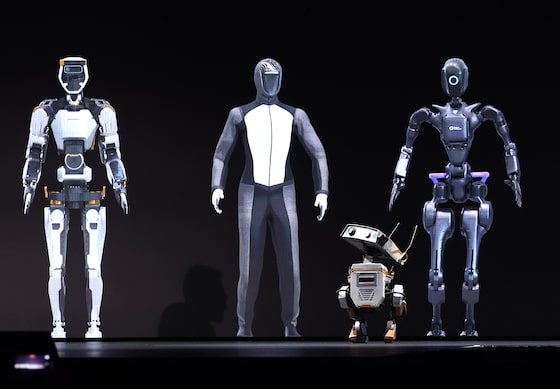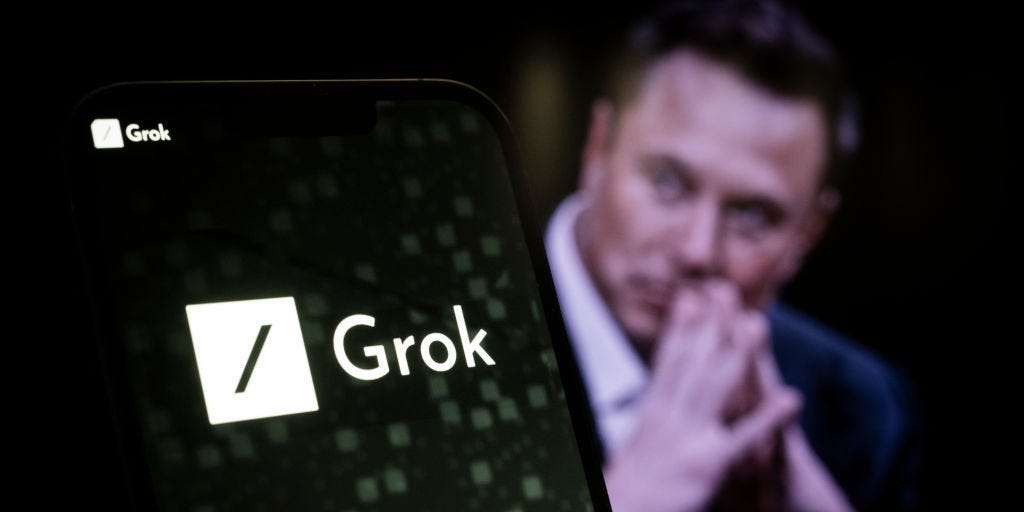AI may not be poised to replace all jobs, but it is certainly making inroads in certain sectors.
The most extensive downsizing in UPS’s 116-year history was partially attributed to advancements like AI, as CEO Carol Tomé highlighted in a February earnings call. Similarly, IBM is halting recruitment for positions deemed susceptible to automation by AI, as stated by CEO Arvind Krishna in an interview with Bloomberg last year.
Despite these technological advancements, there is a prevailing sense of apprehension among workers about what the future holds. A recent survey by McKinsey revealed that 25% of business professionals anticipate job cuts at their workplaces due to AI implementation. This concern is not unwarranted, with an estimated 4,000 individuals having already lost their jobs to AI since May. Additionally, a survey conducted by Beautiful.ai, a company specializing in AI-driven presentation software, showed that nearly half of managers are considering replacing human workers with AI counterparts.
In response to these challenges, a coalition of major tech firms and consulting companies is pushing back against the narrative of widespread job displacement caused by AI. This collective, known as the AI-Enabled ICT Workforce Consortium (ITC), is spearheaded by Cisco with the backing of Google, Microsoft, IBM, Intel, SAP, and Accenture. The ITC’s primary objective is to explore the impact of AI on employment while facilitating access to AI-related training programs and connecting businesses with skilled individuals ready for the evolving job market.
The ITC’s initial focus involves assessing the influence of AI on 56 ICT job roles and recommending training programs to address any skill gaps that may arise. These roles, which have not been disclosed yet, were selected based on their strategic importance in the broader ICT landscape and the effects of AI on the requisite job tasks. The consortium aims to address roles that provide promising opportunities for entry-level employees and encompass 80% of the top 45 ICT job titles with the highest number of job postings in the U.S. and major European countries.
To assuage concerns about widespread job displacement due to AI, industry incumbents must do more than offer vague assurances and reports. While IBM has committed to upskilling 2 million individuals in AI by 2030 and Intel plans to enhance the skills of over 30 million in the same timeframe, the actual availability of AI-related roles remains uncertain.
An analysis by Lightcast, a labor market analytics firm, indicates a decline rather than an increase in the demand for AI positions. In 2022, AI-related job postings accounted for 2% of all listings in the U.S., dropping to 1.6% in 2023. The consortium members are dedicated to creating pathways for workers, especially in sectors expected to integrate AI technology extensively, through upskilling and reskilling initiatives. The aim is to provide concrete recommendations that cater to the needs of both businesses and employees.
While awaiting the release of the consortium’s recommendations, it is crucial for these promises to be accompanied by actionable strategies. The tech industry must fulfill its commitments, particularly concerning the future of work and its influence on the evolving technological landscape.










